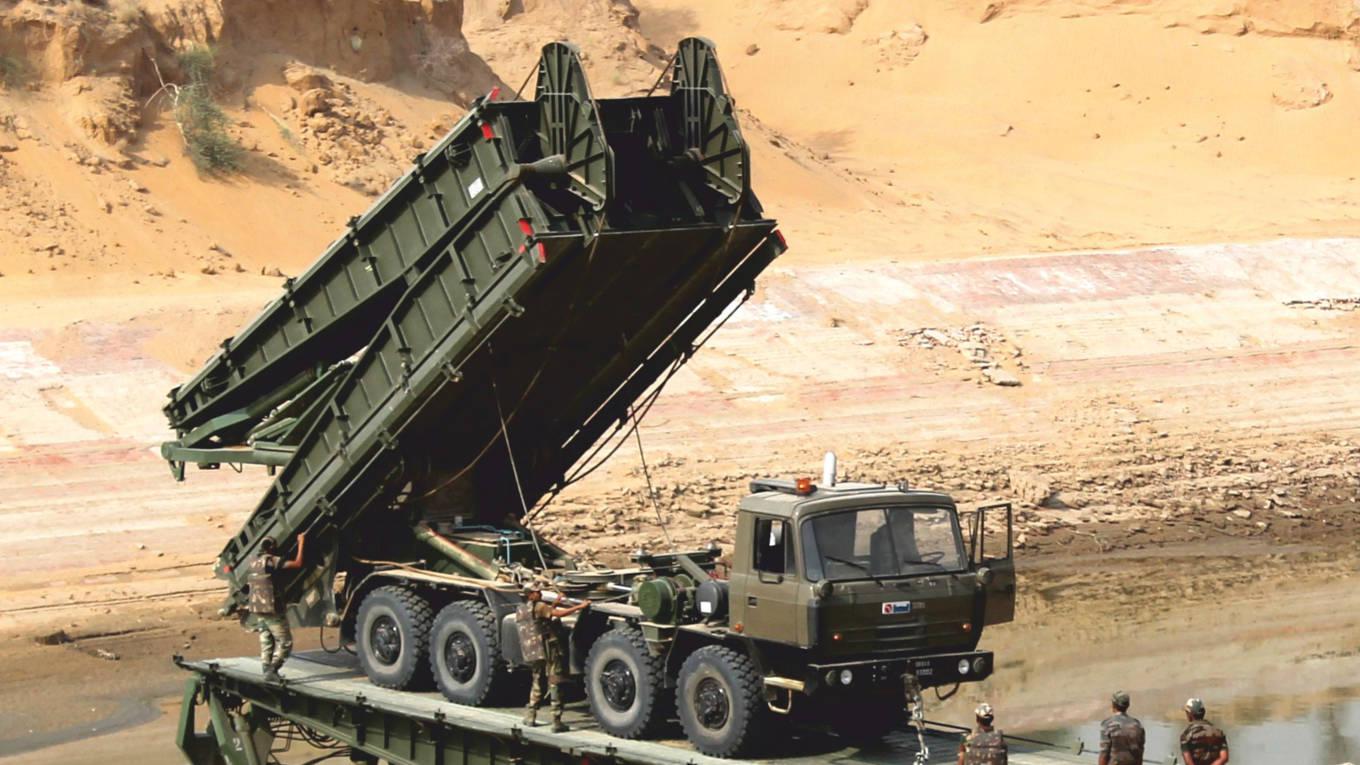-
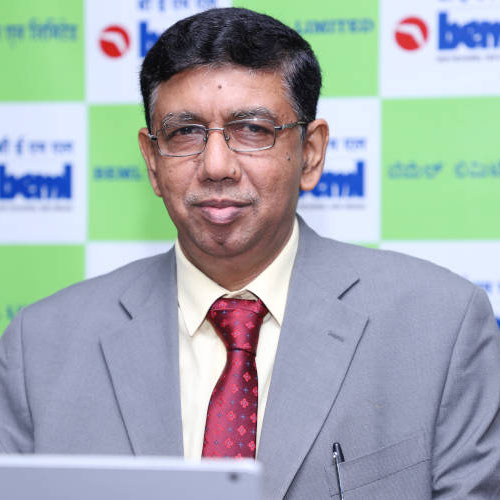
We have the necessary skill sets and the prowess to manufacture state-of-the-art products across sectors
Amit Banerjee, CMD, BEML
The PAT was Rs134.59 crore with the net profit margins working out to just a little over 3 per cent. One of the reasons for the low profit is due to the fact that in three divisions the company has to bid against international companies in highly competitive markets. Secondly, the company has to match the credit offered by competitors who have access to near zero interest bearing loans.
Judging the company only by its results may not really do justice to the evaluation process. Future earning potential as well as emerging opportunities in defence, exports and the mining sector have to be considered and built into the price as well. “We have the necessary skill sets and the prowess to manufacture state-of-the-art products across sectors,” says Amit Banerjee, pointing out that all orders are won through competitive bidding against the best MNCs. BEML has a market share of about 44 per cent in terms of metro coach supplies out of the total metro contracts awarded so far.
“The government emphasis on ‘Make in India’ in the defence sector is aimed at boosting domestic manufacturing and reducing imports,” says Ajit Kumar Srivastava. “The Drone Shakti programme and start-up ecosystem proposals offer tremendous opportunities for the armed forces and BEML is all geared to leverage the opportunities it provides.” Banerjee, who also looks after exports, says in newer markets BEML ties up with other defence PSUs to offer a comprehensive package. In December 2021, it inked an agreement with RITES, a leading transport and infrastructure consultancy company, to scout for new products.
BEML exports, which include deemed exports in FY22, have crossed the Rs500 crore mark. At Rs565 crore, this was nearly 8x the exports in 2019-20 which stood at Rs68 crore. While mining and construction products are exported across the globe, railway products were exported to Bangladesh and Sri Lanka. Defence products found markets in Israel, Suriname, Honduras and Bhutan. The internal target for exports has been set at Rs5,000 crore.
“The market for construction equipment is huge both in India and overseas,” says Rajasekhar. “Most products are indigenously manufactured and we work closely with buyers to customise the products according to their needs.”
Even though the company earns miniscule profits, it is expected to attain greater heights in the future. “It is a fantastic company. No new buyer can hope for a better franchise in the manufacturing sector. It is a gold mine,” says Vijai Mantri, co-founder and chief investment strategist, JRL Money, a research and advisory firm. Mantri adds that the government is doing a wise thing by selling its stake in the company. “Unlocking value by selling to the private sector will see multiple changes being brought about and enable the company to realise its potential which will in turn see the residual stake of the government also go up significantly.” The government plans to sell only 26 per cent of its stake to a strategic buyer.
“To enable the company to realise its full potential, the government needs to run it like a private sector company,” says A Balasubramanian, MD and CEO, Aditya Birla Sun Life MF. Balasubramanian adds: “In Gujarat the move by Modi earlier when he was the chief minister has seen the state PSUs really growing in their own right.
-
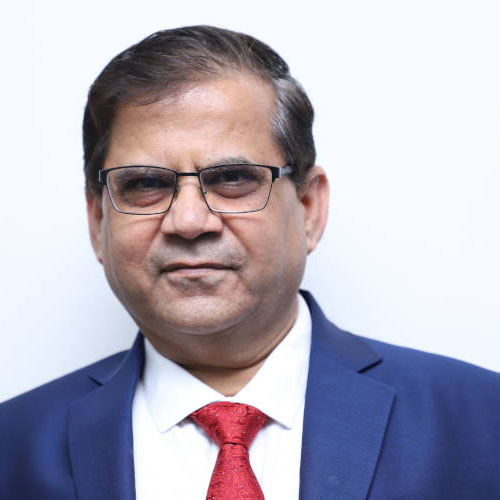
Make in India in the defence sector is aimed at boosting domestic manufacturing and reducing imports
Srivastava, Director, Defence Business, BEML
“The company has excellent potential in all three sectors in which it is present. The problem inhibiting the company’s growth is that the management does not think and act like entrepreneurs,” says Deven Choksey, MD, KR Choksey Share & Securities. He admits, however that they are good administrators, but says that “ownership needs to be handed over to entrepreneurs to really allow the company to flourish. The government can keep some equity in the company but allow full freedom to entrepreneurs to take decisions. As a listed company, due attention has to be given to profit maximisation and not squeezing margins. Government is the owner and government (companies are) the customer in most PSUs, hence the tendency to squeeze margins remains”.
In the mining and construction division the company’s products, comprising of bulldozers, excavators, dumpers, loaders and water sprinklers are mostly sold to other PSUs like SAIL, Coal India, Singareni, NTPC and NMDC. In metro and railways also, given the recessionary trends overseas, several MNCs bid for contracts at minimal margins. This impacts BEML. In railways and metros, most customers are state or central government-owned. The larger PSUs which use BEML products are by their very size and power able to extract better credit terms. And even these are not adhered to.
Working capital is a challenge as payment in the case of government-to- government companies is often withheld for longer periods than usual. The limited tenure of the leadership team is also an issue. The government cannot create wealth for its stakeholders unless it reforms its practices.
“BEML has the scope to increase its capacities across sectors,” says Balasubramanian. “The other government companies which buy products from BEML should stop squeezing the margins of the company and the entire concept of giving contracts on L1, L2, L3 basis should be done away with. Market driven salaries must be given to the top management. Government’s earlier practice of providing safety (security of tenure) to attract talent should be replaced with a salary mechanism. The government has to realise that profit-making is not a crime. A fair price and prompt payment must be given to all PSUs like it does with other vendors. Credit of not more than 90 days should be given.”
Operating as it does within the framework of all PSUs, BEML is regarded as an engineering giant. While there have been a few scandals in the past, it is the future which has to be kept in mind. As one of the leading CPSU manufacturers, the government should work a little more before divesting its stake in a hurry. Defence companies may not be holy cows but they can most certainly be profitable ones, creating wealth for all stakeholders.
-

The market for construction equipment is huge both in India and overseas
Rajasekhar, Director, M&C, BEML
-
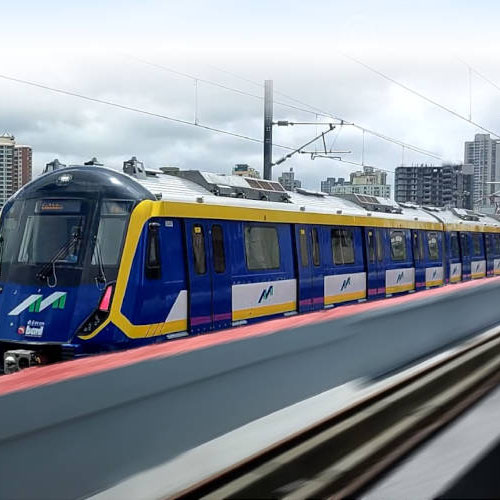
Opportunities aplenty
Amit Banerjee CMD, BEML wants BEML to be future-ready. In an interview with Daksesh Parikh, Banerjee shares some of the new products as well as the challenges which lie ahead in the current, changing environment.
Will the war between Russia and Ukraine impact BEML’s exports or imports in any way?
BEML procures items/aggregates from countries surrounding Ukraine like the Czech Republic, Slovakia, Poland and Finland. Due to the ongoing geopolitical situation, the supply chain surrounding these countries has been affected and this has resulted in delays in the receipts of aggregates sourced from these countries which in turn has affected the committed delivery schedule of BEML to the customer. Rising metal prices will lead to higher input cost for the BEML range of products. Rising global transport cost will also impact BEML costs as will rising energy costs. In the case of dollar appreciation net realisation will be higher.
With oil and coal prices remaining at elevated levels do you foresee more orders for BEML? Has Coal India given fresh orders?
Keeping in mind the increase in prices of oil and coal the projections were good. However, due to the environmental clearance and land acquisitions issues the demand is not as per the projections. New projects are not coming in as envisaged. Hence, the order flow for equipment is showing a downward trend.
With Coal India looking at undertaking shaft mining, does BEML plan to supply equipment used in underground mining?
With respect to shaft mining, BEML has a very limited market share in the underground mining segment. However, based on the demand, BEML will review and (if viability permits) plan the increase of its market share in underground mining equipment.
How was the flow of orders in 2021-22? What is the average cost of production of a metro coach compared to coaches manufactured in Canada and the US?
In FY22, no metro rolling stock tenders were finalised by the metro corporations and as such BEML could not book metro train orders. BEML received orders for three additional metro train rakes of six cars each (18 cars) from KMRCL for Kolkata Metro’s East-West project at an order value of Rs198 crore during May 2022. Earlier BEML supplied 14 rakes. In India, MoHUA has benchmarked the price of metro coaches at Rs8 crore whereas in the developed nations, the cost of the same may be 50 per cent higher. However, of late, due to input commodity price increases, metro coach prices are seeing an upward trend.
How is the execution of the driverless metro car for MMRDA progressing?
Out of the 96 trains ordered, so far, 17 trainsets of six cars each were dispatched for the Mumbai Metro line 2 & 7 project, and 12 trainsets were commissioned in successful revenue service. We are also planning to dispatch another 13 trainsets and commission them within this financial year subject to clearance from DMRC/MMRDA.
How will BEML benefit from the Rs75,000 crore Vande Bharat programme for the manufacture of railway stocks?
As you may be aware, this is a mega opportunity and we are finding ways and means to make the best use of the situation to secure orders. Of course, since this is a mammoth opportunity, we see a number of suppliers getting benefitted through the initiative, including BEML. However, mandating rolling stock suppliers to manufacture a portion of the trains in railway production units including upgradation of facilities may create its own set of challenges which we are attempting to address.
-
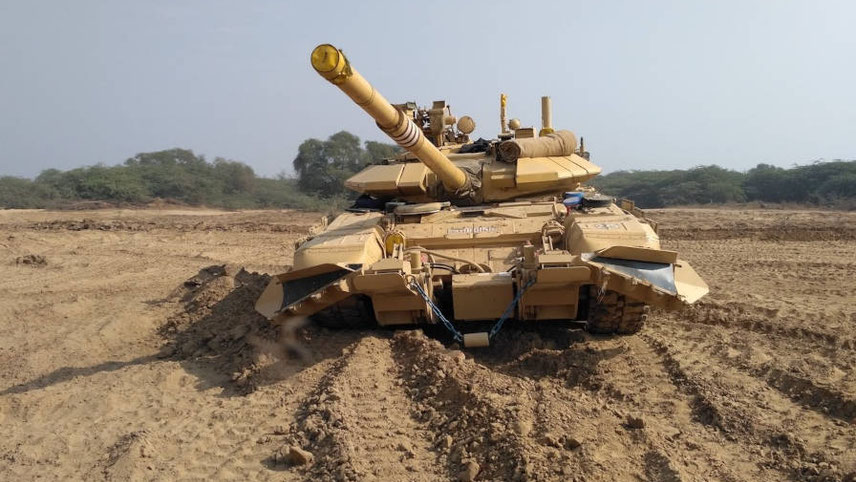
BEML's Mine Ploughs are extensively used in mining operations
How do you see the orders of light railway coaches coming through from other smaller cities?
Opportunities are being spoken about from Gorakhpur, Coimbatore, Guwahati, Visakhapatnam and many other cities and even from Tier-1 cities like Delhi and Bangalore as well. Once, the metrolite system becomes operational and successful in any one of these cities, we foresee a huge traction for these products.
What are the challenges you foresee for expansion in this division?
Nothing in particular. However, cost control, maintaining price competitiveness and retention of talent may become some of the key aspects going forward.
What is the progress on the inking of 11 MoUs in February 2021?
Out of 11 MoUs inked in February 2021, there has been substantial progress in five MoUs – ANPC, Outdu Mediatech Pvt Ltd, JSC Rosoboronexport, Torus Robotics and Hacklab Solutions Pvt Ltd, Bangalore – and we are taking this forward in their identified areas of co-operation. The others are yet to get off the ground.
Can you share the development of UAVs for the army and others? Any further details on the MoU inked with IIT Kanpur for the manufacture of drones?
BEML signed an MoU with IIT, Kanpur in 2020 to explore the possibilities of joint development of Tactical UAVs. BEML has successfully developed the first prototype and completed flight trials. Improvements/modifications will be incorporated in the second prototype. We are awaiting slots for limited flight trials at ATR, DRDO, Chitradurga. After successful flight trials, high altitude trials will be planned in the Leh region. With regards to Transponder Landing System (TLS), ANPC, trials were successfully completed at Safdarjung Airport, AAI in December 2021. Further discussions are on with prospective customers for understanding their business requirements.
What are the new products in the defence sector?
New defence and aerospace products in the offing over a period of one-two years include the manufacture of 1,500 hp engines for Future Main Battle Tanks and Improvised BEML High Mobility Vehicles for the Pinaka Multiple Launcher Rocket System.
Do you foresee India becoming a large exporter of defence products and appliances?
Yes. The MoD has set an ambitious export target of Rs35,000 crore by 2025 for Indian industries. India has few, if any, indigenously designed, developed, manufactured and proven major equipment and platforms to offer for export. In this context, BEML has been assigned Kenya as a geographical region for increasing defence exports by DDP, MoD.
Also, BEML is associated with BEL and BrahMos in the supply of basic high mobility vehicle platforms for their export programme. Also, we are in discussion with various countries for the export of defence high mobility vehicle platform. In order to increase exports, BEML has organised webinars in Senegal, Kenya, Zambia, Azerbaijan, Saudi Arabia, Abu Dhabi, Oman and Sri Lanka for the sale and promotion of defence equipment.
-
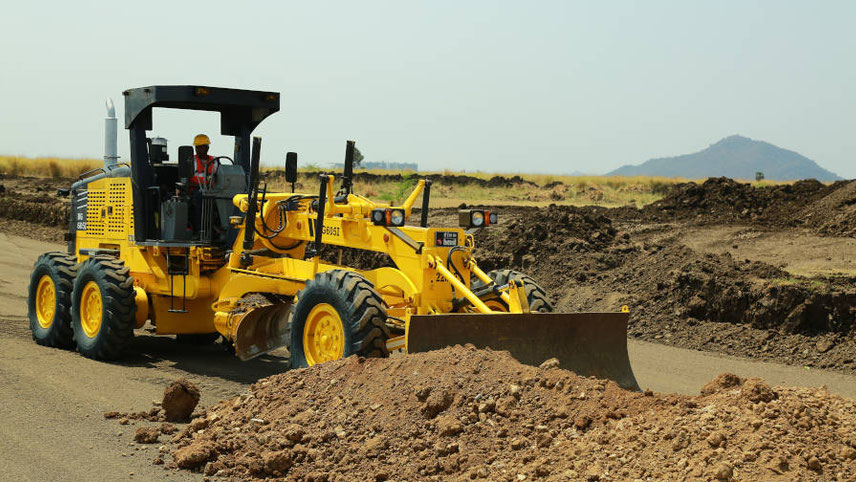
A BG6051 Motor Grader at work
Not a great performer at the bourses
The government’s Atmanirbhar program has seen it allocating a budget of nearly Rs58,000 crore for acquiring locally produced weapons and other military systems. This is expected to give a big boost to the four large defence companies listed on the bourses, HAL, Bharat Dynamics, BEL and BEML. BEML is the smallest based on market cap which is one-tenth that of HAL and BEL. Formerly a division of HAL, it was spun off as a separate company for manufacturing wagons.
Fifteen years ago, in July 2007, the Rs10 paid up shares were offered to the public at the price of Rs1,075. The issue was oversubscribed by over 30 times. Shares in July 2007 rose to a high of Rs1,321. On 7 July, 2022 shares are still hovering around the same price, at Rs1,287. While the company does hold a lot of potential, wealth creation has yet to happen. Investors are hoping that a new strategic shareholder will be able to realise its potential value, like in the case of Hindustan Zinc. And this is one reason for the shares operating in a narrow range.
BEML has somehow failed to participate in the current rally which saw shares of other defence companies going up over the last one year. BEML gave negative returns of 3 per cent over the last year, though in the year before that they were 93 per cent and three years ago returns were 42 per cent. On the other hand, Bharat Dynamics has given 89 per cent returns over one year.
Neither HAL nor Bharat Dynamics have been listed for a period of over three years, so comparisons are not possible. HAL was in the news on reports that its indigenously developed Tejas Light Combat Aircraft was shortlisted by the Malaysian government. If the orders are received, it will be the first combat aircraft exported by India.
